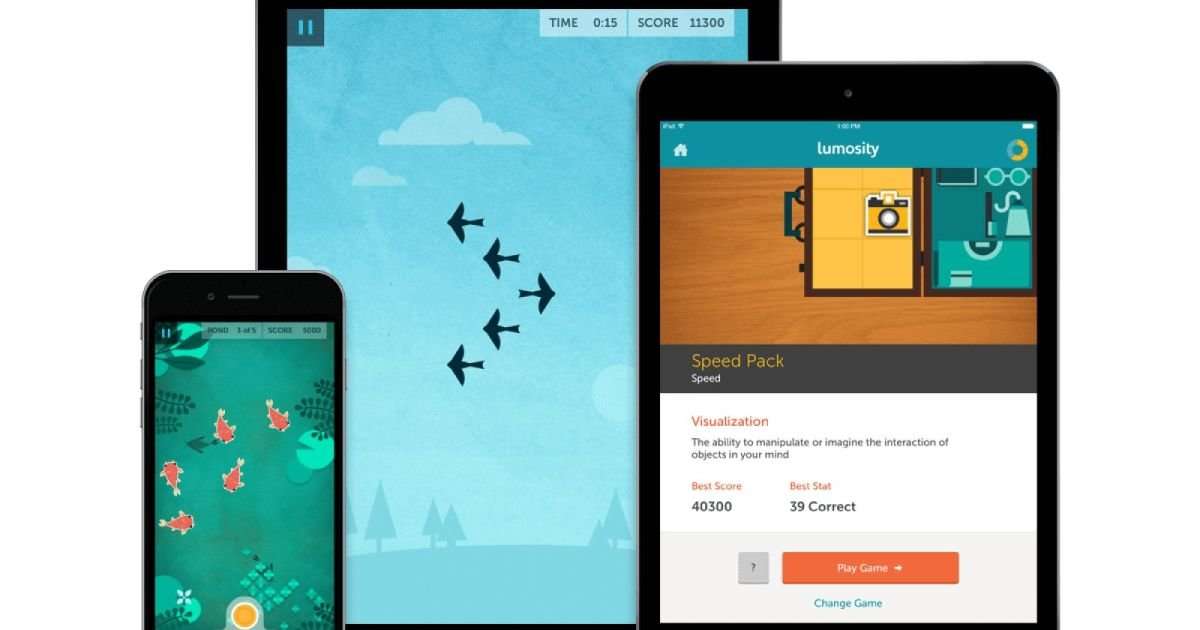The team's interest in the issue was in regard to instant gratification. Specifically, they wanted to see whether cognitive training could change behavior, leading users to prefer delayed or less risky rewards. They set up young adults with the brain training app Lumosity; each participant completed a grand total of 50 sessions over 10 weeks.
The results were pretty clear. There was no change in choices or decision-making behavior by study participants. The exception was "specifically trained" cognitive task performance. In other words, the only thing that using Lumosity improved was users' ability to play the games in Lumosity.
This isn't all that surprising, given the history of brain training apps such as Lumosity. Last year, parent company Lumos Labs was ordered to pay $2 million to the FTC because of charges it misled the public. And way back in 2014, a Florida State University-based team determined that playing Portal 2 actually improves cognitive skills, while Lumosity does not. This current study is just another nail in the coffin for the brain training fad.

jrclimer42 on July 12nd, 2017 at 03:22 UTC »
There is an important distinction here that must be made.
The products on the market are snake oil. The concept in general is still an area of focused study in the neuroscience world and can be debated either way. These products fraudulently claim that their tools were developed by neuroscientists.
Recommended reading: A great Intelligence Squared US Debate
Slippedhal0 on July 11st, 2017 at 23:15 UTC »
I feel like it's easier to understand why this is by considering a piano player vs someone who has never touched a piano.
You could potentially train any person to play one song very well by teaching them one action at a time, i.e "press this key down, then that key". But learning to play that one song very well does not lend itself to actually learning to play the piano, it's merely teaching them a sequence of steps to complete a very specific goal. You couldn't even ask them to play the same song that they just learned by reading the sheet music of that song.
A piano player will learn a huge range of tasks that can potentially help other related skills in turn. They must first learn to read sheet music. This means that any sheet music they are given they can read it. Then they'd learn how the sheet music relates to musical notes, meaning as long as this remains the same for other instruments, they could play sheet music with that instrument. Then comes the piano specific parts like how to make certain sounds with a piano by pressing keys and pedals.
Brain Training games are the same. If you train with games that have such simple premises as "Click the bird as it appears on the screen, quicker is better!" You aren't training your reaction times in general, you are priming yourself to react to something that happens in that specific situation. If you're confronted with other situations that requires quick reactions, your brain probably won't connect clicking birds on a screen with something like dodging balls in the real wold.
shiruken on July 11st, 2017 at 18:35 UTC »
J. W. Kable et al., No Effect of Commercial Cognitive Training on Neural Activity During Decision-Making. J. Neurosci., 2832–16 (2017).